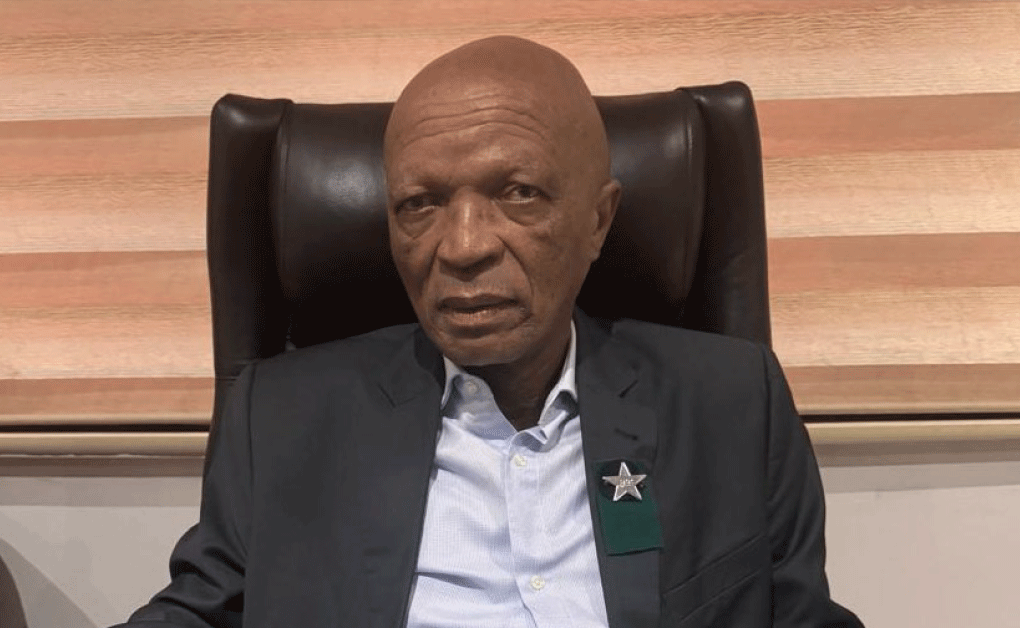The importance of the national budget has taken centre stage due to Parliamentarians’ inability to agree on tax-related matters—a situation amplified by the Value Added Tax (VAT) impasse, which has caused delays in budget approval.
The public interest generated by the VAT issue, including within the taxi industry, highlights how taxi operators are now actively invested in understanding how the government determines the collection, distribution, and accounting of taxes raised from taxpayers.
The failure of major political parties to agree on VAT rates has sparked informal debates in unlikely places like taxi ranks, where drivers and passengers alike share ideas on how the government could raise additional revenue to fund various national programmes.
Another thorny issue emerging from these discussions is the implications of VAT’s impact on taxi operators’ businesses from the owners’ perspective.
It’s no secret that taxi operators do not charge VAT on passenger fares, believing this act of service avoids placing further financial strain on users of this affordable, unsubsidised mode of public transport.
While airlines, trains, and buses charge VAT on ticket sales and later claim it back from SARS—a privilege taxi operators do not enjoy— the taxi industry’s cost structure includes VATable (taxable) items for which they cannot reclaim taxes.
The taxi industry, which employs an estimated upwards of 400,000 people and generates over R80 billion annual revenue, transporting 16 million commuters daily, deserves recognition and support to comply with tax regulations of which according to taxi leaders they do.
Instead of begrudging taxi operators that they don’t deserve a share of the national budget revenue division, Parliamentarians should focus on their oversight role: tracking how officials manage resources to ensure funds reach intended beneficiaries—not consultants or bureaucrats.



